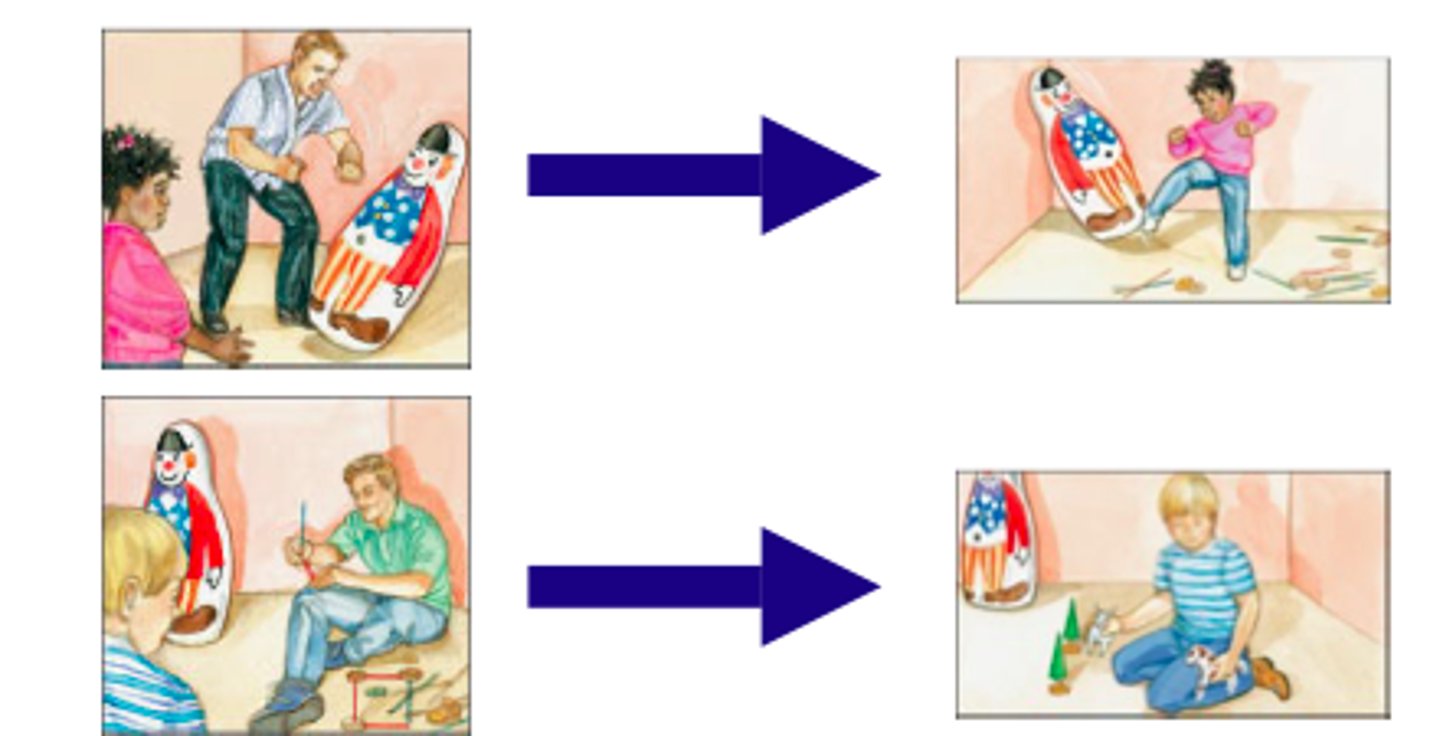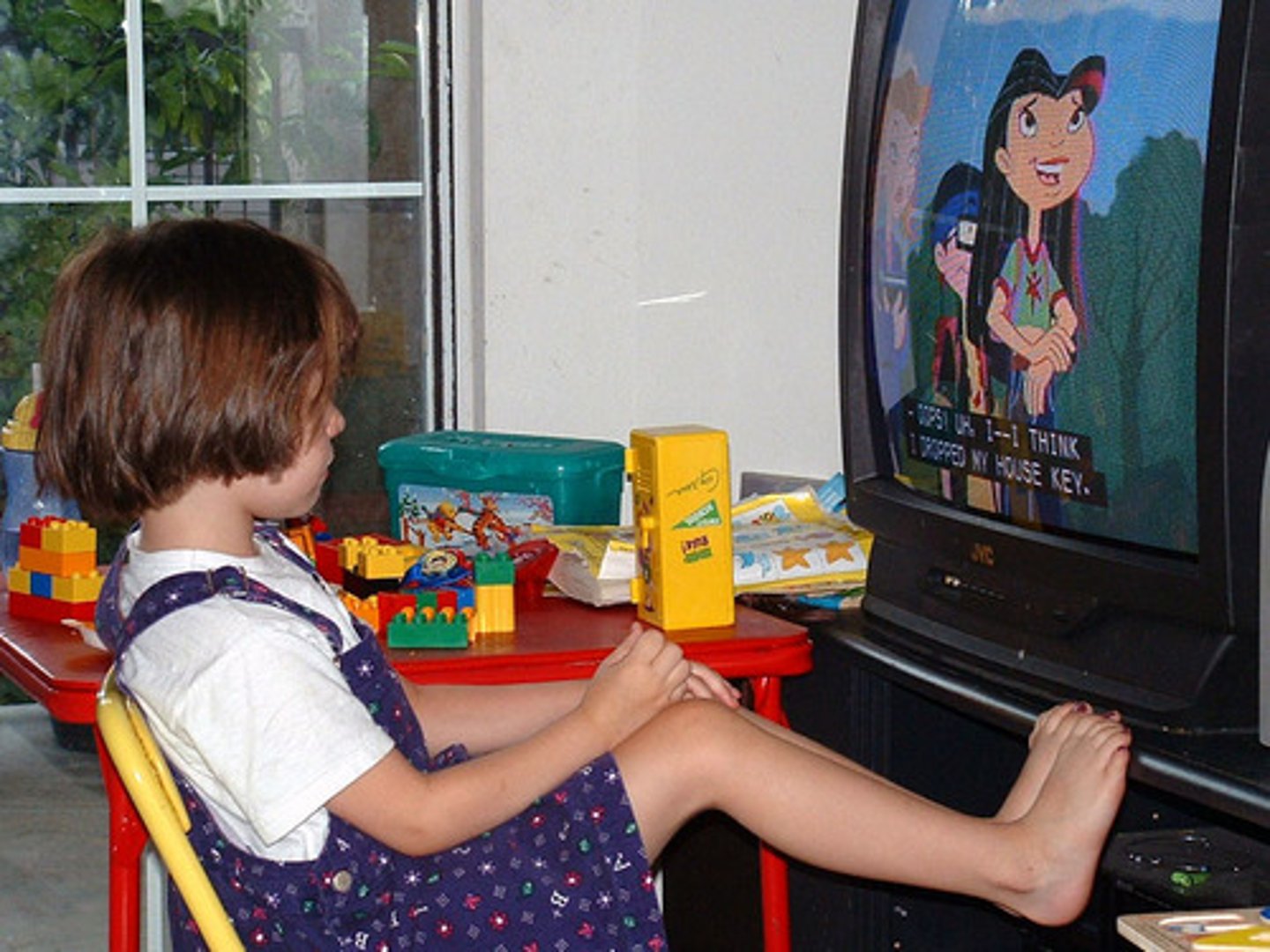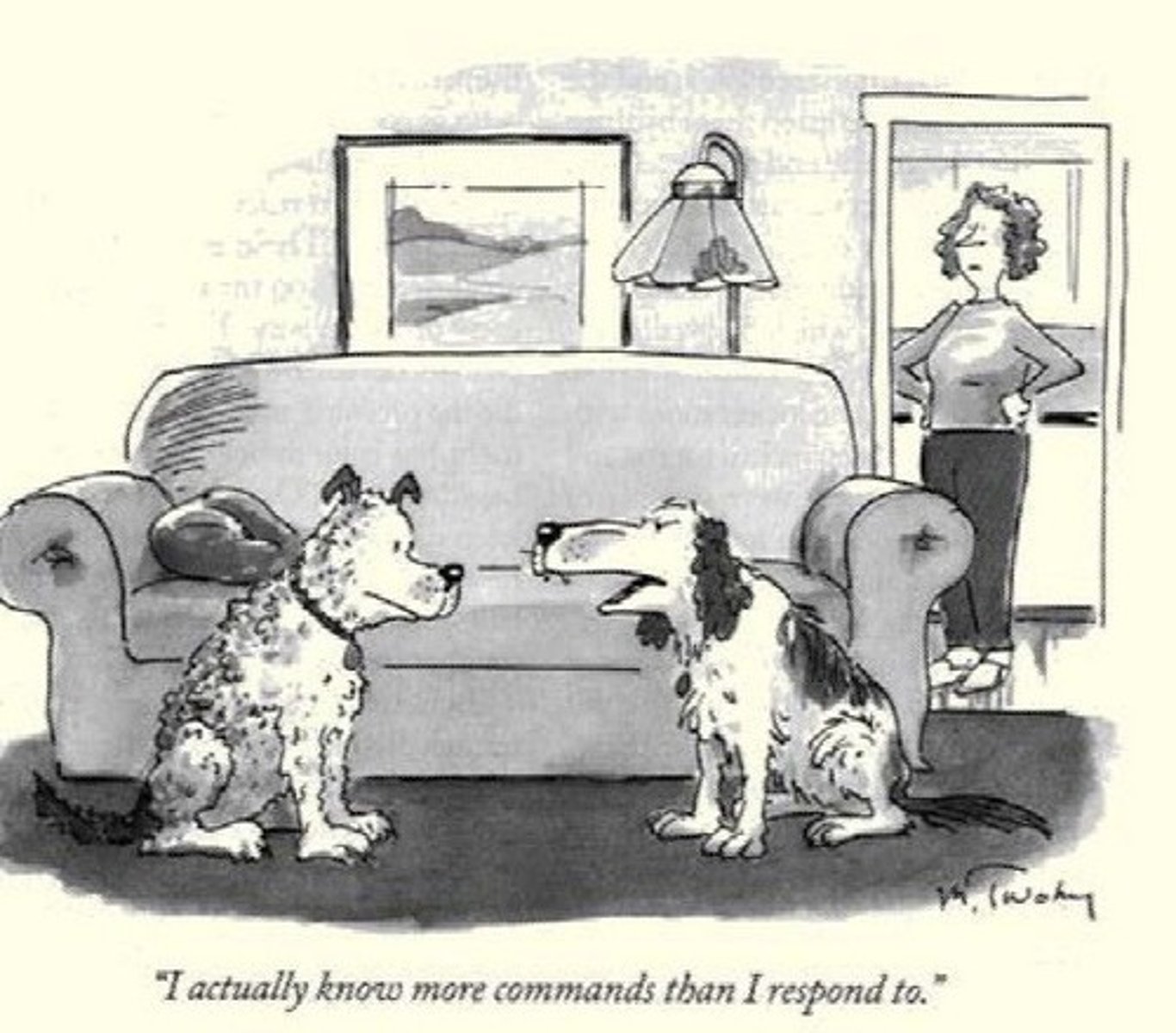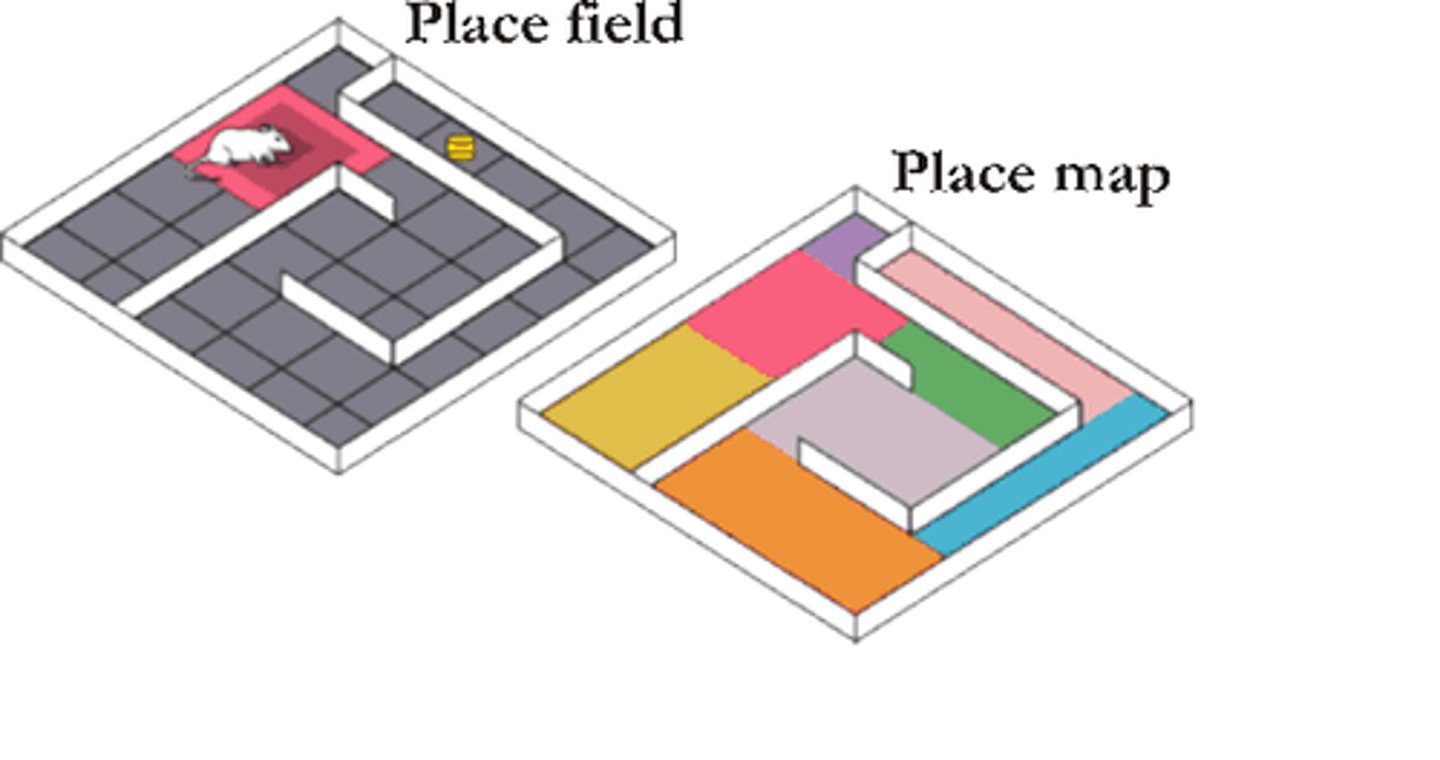AP Psychology: Topic 3.9 - Social, Cognitive, and Neurological Factors in Learning
1/5
There's no tags or description
Looks like no tags are added yet.
Name | Mastery | Learn | Test | Matching | Spaced | Call with Kai |
|---|
No analytics yet
Send a link to your students to track their progress
6 Terms
Social learning theory
suggests that social behavior is learned by observing and imitating the behavior of others

Vicarious conditioning
learning through observing other people's responses to a stimulus (as opposed to personally experiencing the stimulus)

Modeling
the process through which children learn behaviors, skills, emotions, and ways of thinking by observing rather than through direct experience

Insight learning
a form of problem solving in which there is a sudden realization of a solution

Latent learning
learning that occurs (often subconsciously) but is not used until there is an incentive to demonstrate it

Cognitive maps
a mental picture of the layout of the physical environment (making it easier to learn and recall things like directions and navigation)
